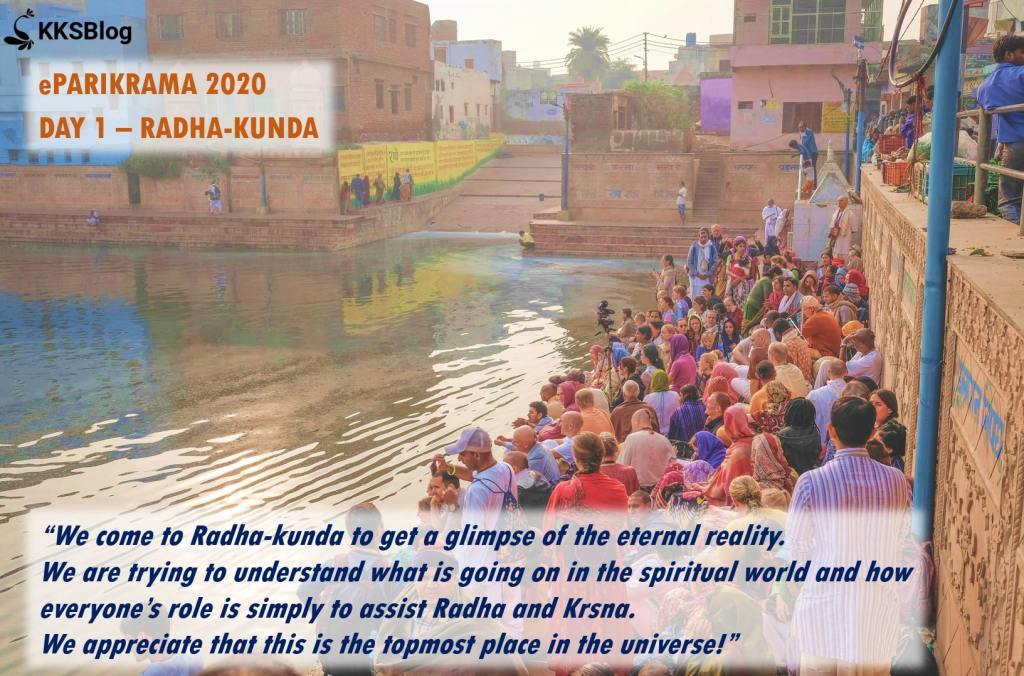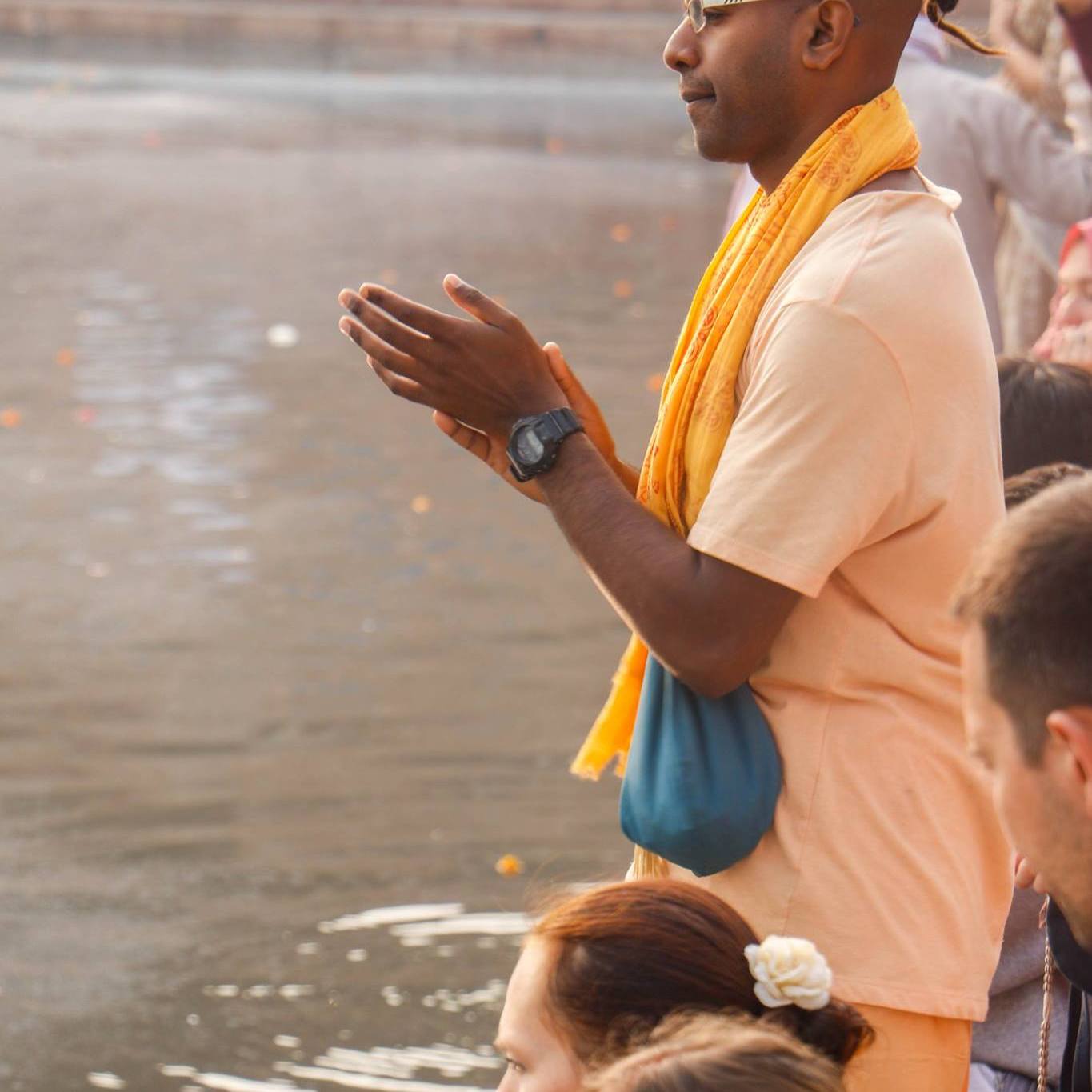The Temple of the Vedic Planetarium is currently looking for full-time 3d Generalists for the Creative Services Department of the TOVP Exhibits.
3D GENERALIST
- Create two-dimensional and three-dimensional images depicting objects in motion or illustrating a process using computer animation or modeling programs.
- Make objects or characters appear lifelike by manipulating light, color, texture, shadow, and transparency, or manipulating static images to give the illusion of motion. Apply story development, directing, cinematography, and editing to animation to create storyboards that show the flow of the animation and map out key scenes and characters.
- Prepare production storyboards.
- Script, plan, and create animated narrative sequences under tight deadlines, using computer software and hand drawing techniques.
- Draw detailed or technical illustrations.
- Design concepts for decoration, exhibition, or commercial purposes.
- Develop briefings, brochures, multimedia presentations, web pages, promotional products, technical illustrations, and computer artwork for use in products, technical manuals, literature, newsletters, and slide shows.
Educational Qualification:
- Bachelors in Media Arts and Animation.
- 3d Animation & Visual Effects.
Required Skills:
- Proven artistic ability across multiple CG disciplines including modeling, texturing, lighting, shading / look development, or compositing.
- Strong communicator that requires minimal guidance.
- Lead creation of outstanding artwork within a shot, using various software programs.
- Maintain or exceed a consistent level of productivity while meeting deadlines and producing high quality work.
- Attend weekly meetings and participate in creative problem solving.
Professional / Technical Skills:
The below qualification was mentioned in previous advertisement in mayapur.com
- Fluent in Photoshop.
- Fluent in Cinema 4D, 3dsmax, or Maya.
- Fluent in Redshift, or Octane render solutions.
- Fluent in Zbrush.
- Knowledge of Substance Painter, Designer, and Alchemist a plus.
- Knowledge of scripting a plus.
Involvement:
Full Time/part time
Maintenance:
Generous compensation (by Indian standards)
How to Apply?
Send your Curriculum Vitae (CV) by email. Along with your resume, please send a link to a digital portfolio showcasing your past body of work.
For details of services and compensation packages offered please have interested parties contact hrtovpe@gmail.com

 Giriraj Swami read and spoke from Srimad-Bhagavatam 2.3.17.
Giriraj Swami read and spoke from Srimad-Bhagavatam 2.3.17.





































































 “All my desires to work as an engineer seem to have dwindled by seeing your lotus face in New Vrindavan. I am enjoying the nectar of devotion more and more every day. I have been going on sankirtan every day for an average of six to eight hours, sometimes even fifteen ever since I have been in this temple. I love to go out on sankirtan and distribute your books and Krishna is rewarding me with unexpected pleasure.” (Letter from Yasomatinandana das to Srila Prabhupada, 1973)
“All my desires to work as an engineer seem to have dwindled by seeing your lotus face in New Vrindavan. I am enjoying the nectar of devotion more and more every day. I have been going on sankirtan every day for an average of six to eight hours, sometimes even fifteen ever since I have been in this temple. I love to go out on sankirtan and distribute your books and Krishna is rewarding me with unexpected pleasure.” (Letter from Yasomatinandana das to Srila Prabhupada, 1973)





































